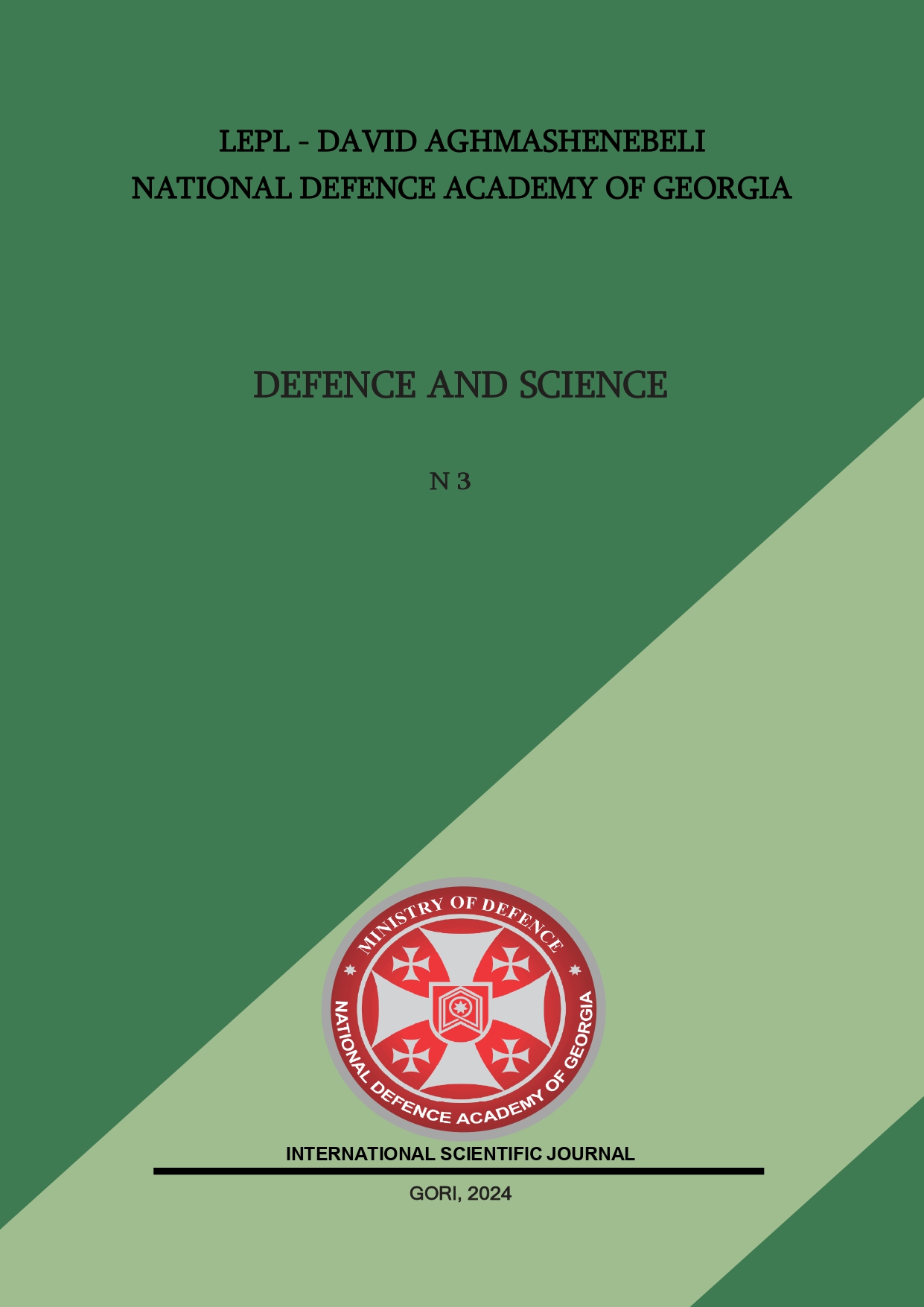THE NEXUS OF DISINFORMATION, ATTRIBUTION, AND ESCALATION: UNRAVELING THE COMPLEXITIES OF CYBER OPERATIONS AND WARFARE
DOI:
https://doi.org/10.61446/ds.3.2024.8473Keywords:
disinformation, attribution, escalation, cyber operations, Russian-Ukraine ConflictAbstract
The nexus between disinformation, attribution, and escalation in cyber operations and warfare is a complex issue that poses unique risks to populations worldwide, especially vulnerable communities. This abstract provides a glimpse into the intricate web of interactions between disinformation, attribution, and escalation in the realm of cyber operations and warfare, with a specific focus on the ongoing Russian-Ukraine conflict. In an era where information is wielded as a potent weapon, understanding the dynamics of how false narratives are propagated, the challenges in accurately attributing cyber attacks, and the implications for the escalation of hostilities is crucial. The paper explores the multifaceted role of disinformation as a strategic tool, employed not only to deceive adversaries but also to manipulate public opinion and sow discord. It delves into the complexities of attribution, highlighting the hurdles in identifying the true originators of cyber operations amidst the use of proxies and sophisticated techniques. Furthermore, the study underscores the pivotal role of accurate attribution in preventing unintended escalation and miscalculations that may arise from misinterpreted actions. By examining the interplay of these elements, especially in the context of hybrid warfare, the abstract emphasizes the global implications of the nexus, extending beyond the immediate conflict zones. The research advocates for comprehensive strategies that integrate technological advancements, international cooperation, and a nuanced understanding of the geopolitical landscape to effectively address and mitigate the challenges posed by disinformation, attribution, and escalation in contemporary cyber warfare. It is crucial to analyze data, provide knowledge, and advocate for regulatory processes to protect vulnerable populations.










